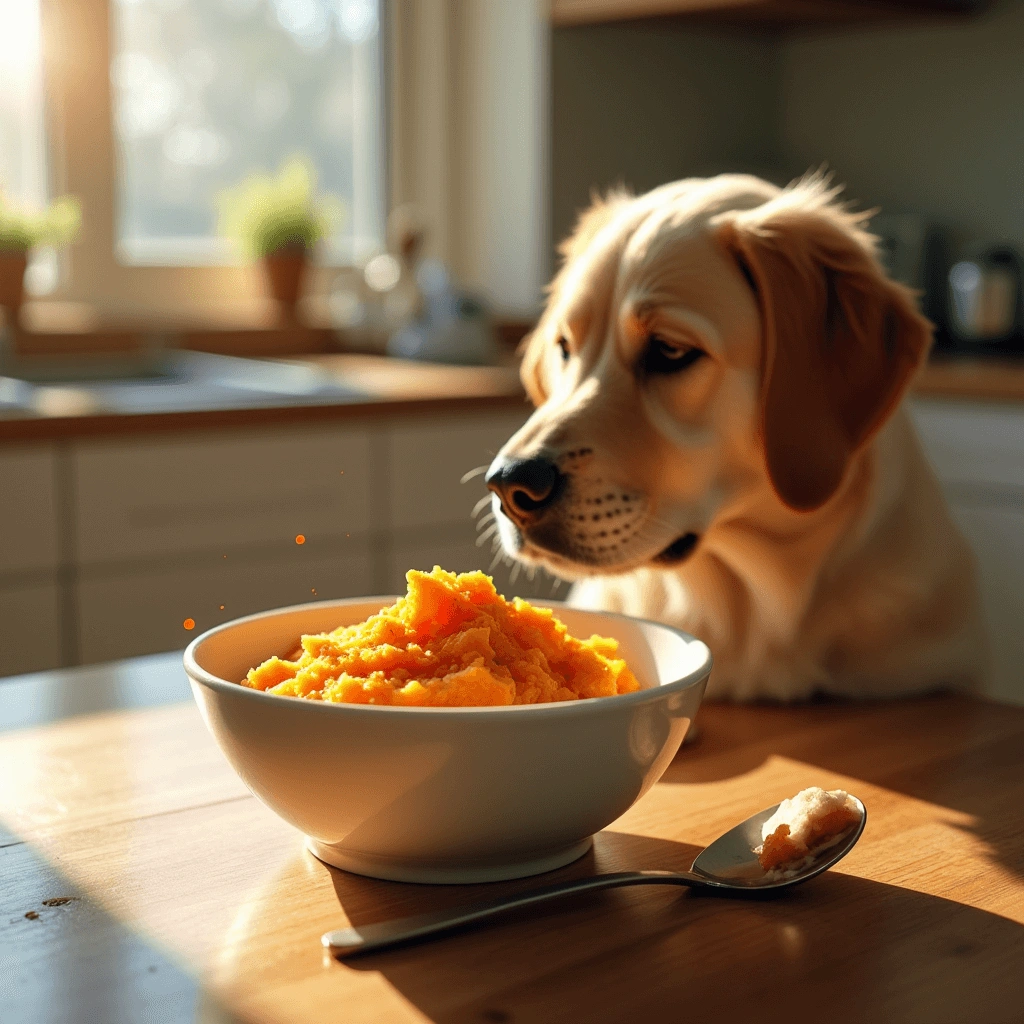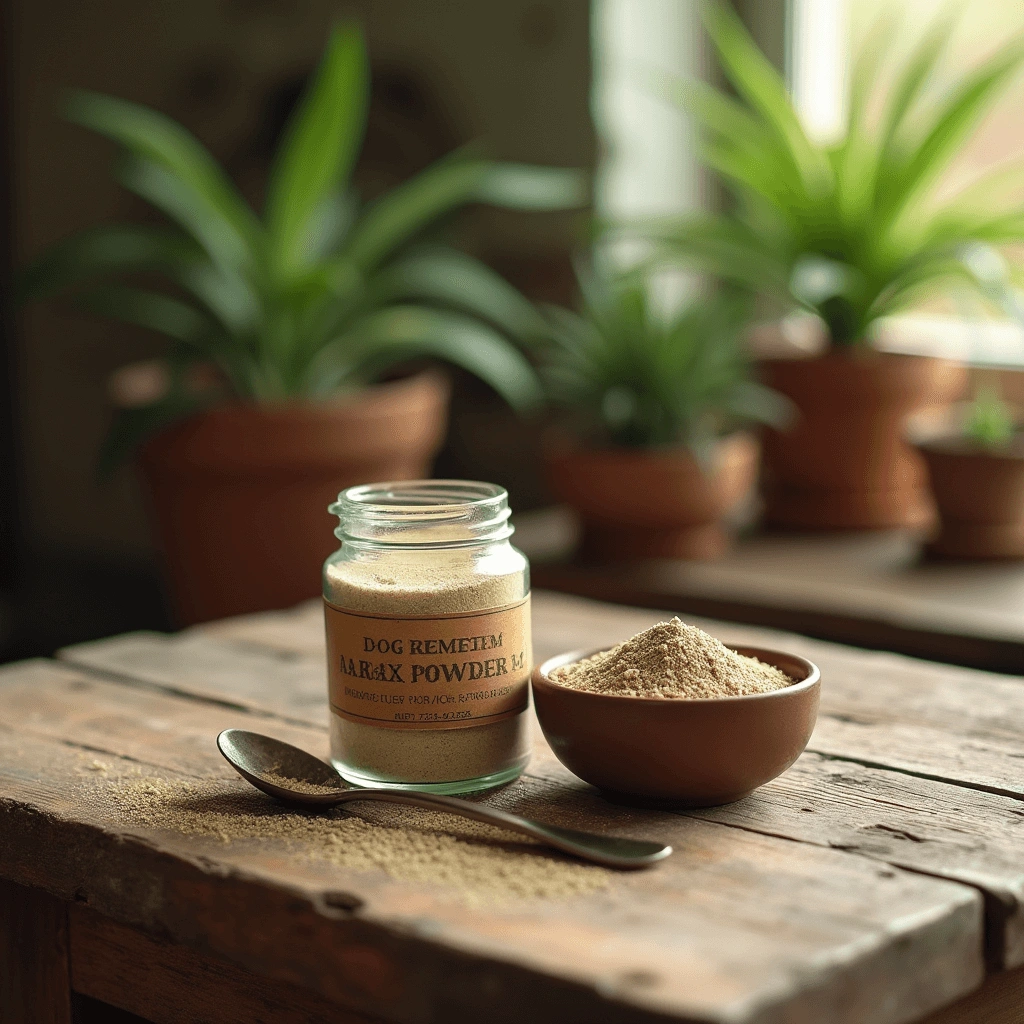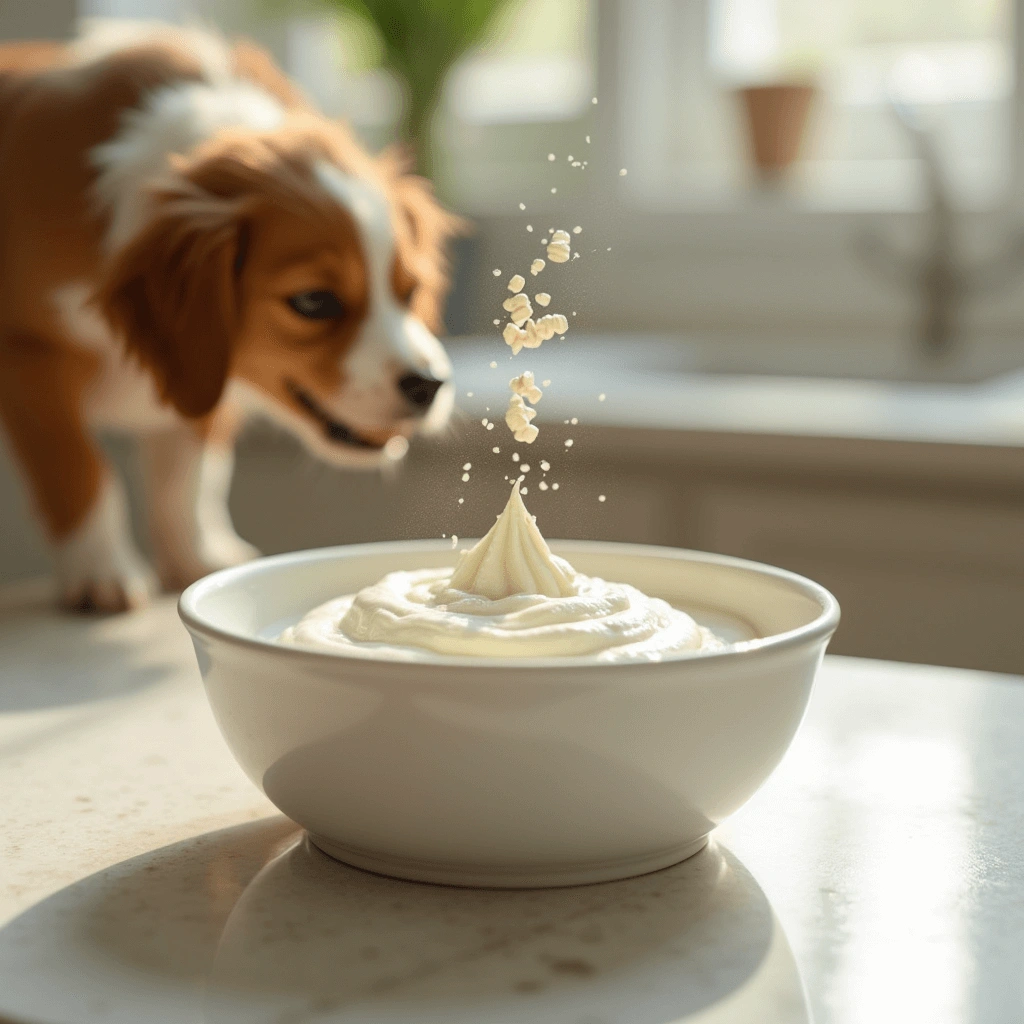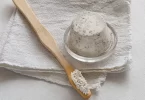Diarrhea in dogs is a common issue that pet owners face at some point in their pets’ lives. It can be caused by various factors, including diet changes, infections, stress, or even underlying health conditions. While diarrhea can sometimes be a mild issue that resolves on its own, it’s important to address it properly to prevent dehydration and further complications. In this article, we’ll explore the five best natural treatments for dog diarrhea that can help relieve symptoms and support your pet’s recovery.
1. Pumpkin Puree

Pumpkin is a popular natural remedy for dog diarrhea due to its high fiber content and soothing properties. It works by absorbing excess water in the digestive tract, helping to firm up your dog’s stool. Plus, it’s gentle on the stomach, making it an ideal food for dogs experiencing gastrointestinal upset.
How to Use It:
- Use plain, canned pumpkin (not the spiced pie filling) or fresh pumpkin puree.
- Mix about one to two tablespoons of pumpkin with your dog’s regular food. For smaller dogs, start with one teaspoon and gradually increase the amount if needed.
Benefits:
- High in fiber, which helps firm up stool
- Naturally easy to digest
- Contains beneficial nutrients like vitamin A, fiber, and antioxidants
Note: Be sure to consult your vet if your dog has a specific health condition like diabetes, as pumpkin can affect blood sugar levels.
2. Fasting

Fasting for 12 to 24 hours can give your dog’s digestive system a much-needed rest. It’s a safe and natural approach that allows your dog’s gastrointestinal tract to heal without the additional burden of processing food. However, fasting is not suitable for puppies, very young dogs, or senior dogs, as they are more vulnerable to dehydration and low blood sugar.
How to Use It:
- Remove all food for 12 to 24 hours. Be sure to provide fresh water at all times to prevent dehydration.
- After fasting, reintroduce food gradually, starting with a bland diet like boiled chicken and rice.
Benefits:
- Gives the digestive system time to heal and reset
- Reduces the likelihood of further irritation from food
- Helps prevent overloading the digestive system
Note: Fasting should only be used for dogs that are otherwise healthy and are not at risk for dehydration or low blood sugar.
3. Bone Broth

Bone broth is not only delicious but also highly nutritious and beneficial for dogs with diarrhea. It’s packed with vitamins, minerals, and amino acids that can help repair the intestinal lining and reduce inflammation in the digestive tract. Bone broth also provides hydration, which is crucial when your dog has diarrhea and is at risk for dehydration.
How to Use It:
- Make sure the bone broth is homemade or from a reputable source and free of any added seasonings, onions, or garlic, which are toxic to dogs.
- Offer small amounts of bone broth as a drink or mix it into your dog’s food to make it more appetizing.
Benefits:
- Supports gut healing and reduces inflammation
- Keeps your dog hydrated
- Contains beneficial amino acids like glycine and proline that promote tissue repair
Note: Always check the ingredients to ensure the broth doesn’t contain harmful additives, such as onion or excess sodium.
4. Slippery Elm Bark

Slippery Elm is an herbal remedy known for its soothing and anti-inflammatory properties. It works by forming a gel-like substance when mixed with water, which can help coat the digestive tract and ease inflammation caused by diarrhea. Slippery Elm is particularly useful for calming an upset stomach and improving bowel regularity.
How to Use It:
- You can purchase slippery elm bark powder and mix it with water to form a paste. Offer this paste to your dog once or twice a day, depending on their size and severity of symptoms.
- Alternatively, you can mix the powder into your dog’s food, making sure it’s well-mixed.
Benefits:
- Soothes irritated intestines
- Helps firm up stools and reduce inflammation
- Contains mucilage, which aids in digestion and healing
Note: While slippery elm is generally safe for dogs, it’s always best to consult your veterinarian before introducing any herbal remedies into your dog’s routine.
5. Probiotics

Probiotics are beneficial bacteria that support the health of your dog’s digestive system. They help restore the natural balance of gut bacteria that may be disrupted during episodes of diarrhea. Probiotics can help reduce the duration and severity of diarrhea by promoting healthy digestion and improving nutrient absorption.
How to Use It:
- You can purchase probiotic supplements specifically designed for dogs. These may come in powder, capsule, or chewable form.
- Alternatively, you can offer your dog plain, unsweetened yogurt as a natural source of probiotics. Only give small amounts and avoid any flavored or sweetened varieties, as these can contain ingredients harmful to dogs.
Benefits:
- Supports digestive health and restores beneficial bacteria in the gut
- Reduces the duration and severity of diarrhea
- Boosts overall immunity and helps prevent future gastrointestinal issues
Note: If your dog is on antibiotics, consult your vet before giving probiotics, as they may interfere with the medication’s effectiveness.
When your dog has diarrhea, it’s essential to address the issue promptly to avoid dehydration and ensure a speedy recovery. Natural treatments like pumpkin puree, fasting, bone broth, slippery elm, and probiotics can be effective in managing mild diarrhea and supporting your dog’s digestive health. However, it’s important to monitor your dog closely, especially if diarrhea persists for more than 24 to 48 hours or is accompanied by other symptoms such as vomiting, lethargy, or blood in the stool.
Always consult your veterinarian if you’re concerned about your dog’s health, especially if diarrhea is recurrent or severe. With the right care and natural treatments, your dog can get back to feeling their best in no time.





